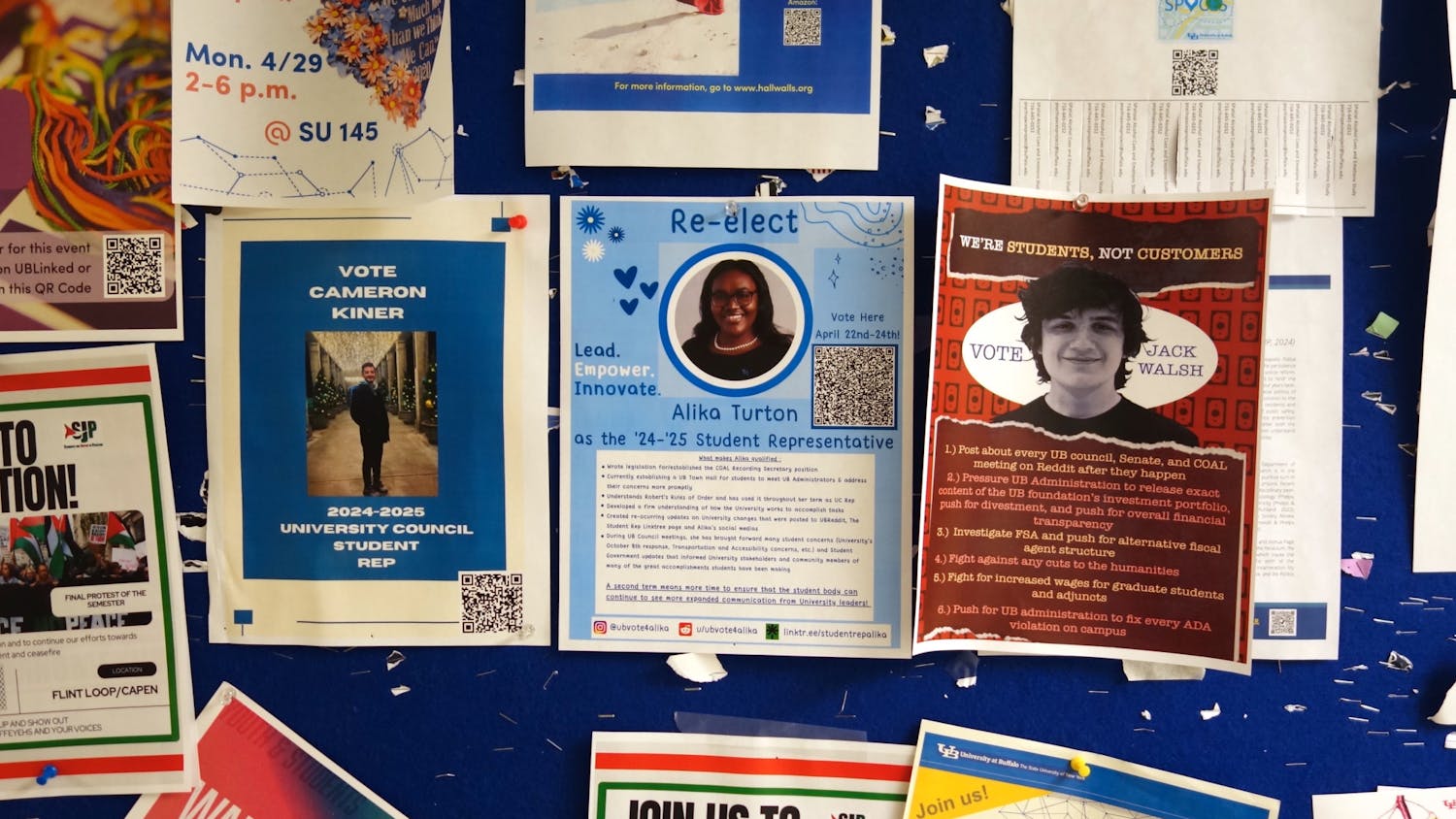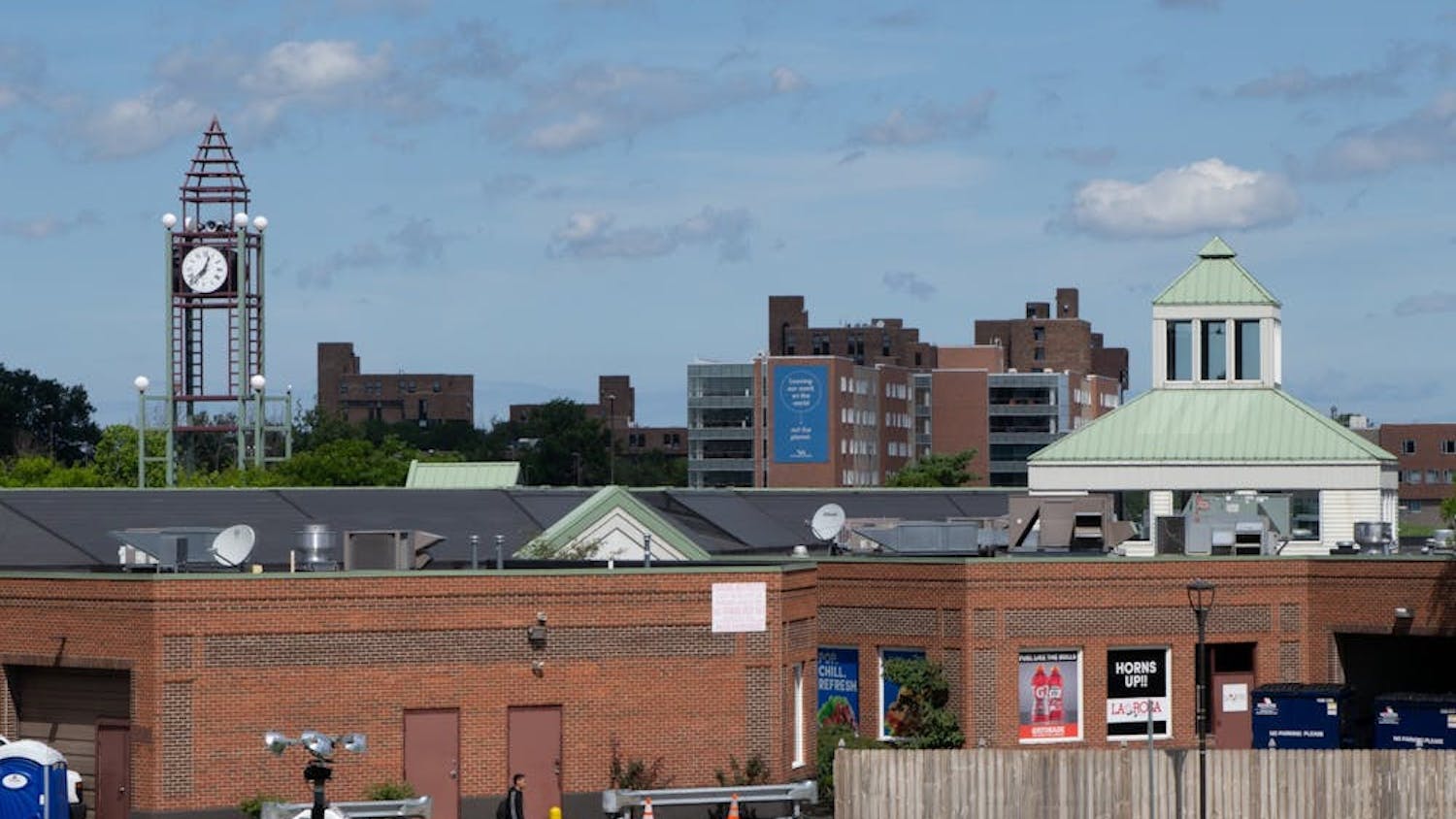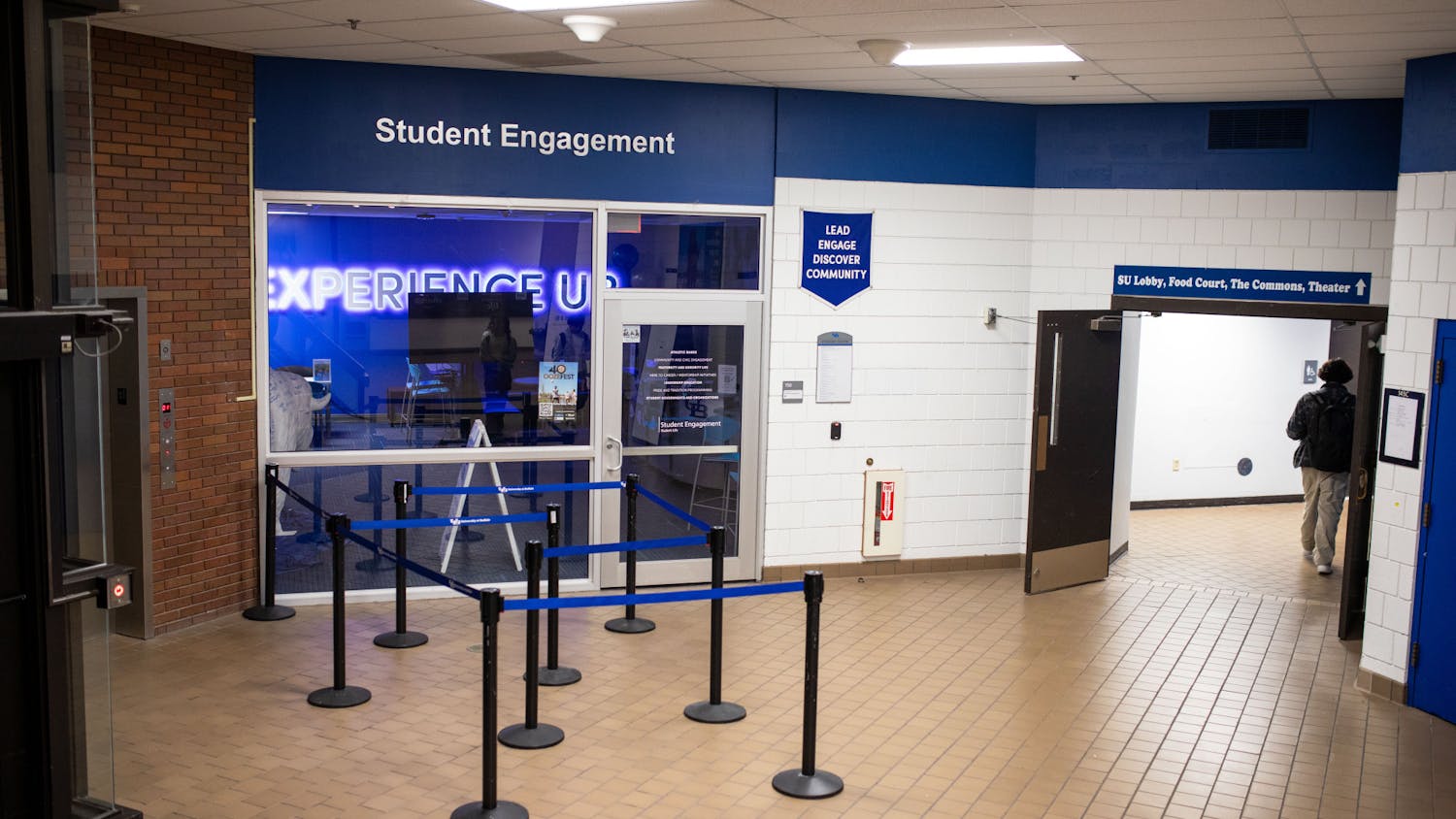Five years ago, Kathie Lee Gifford and sweatshops became inextricably linked in the public eye when Charles Kernaghan and the NLC revealed the deplorable working conditions in the Honduran factories where Gifford's Walmart-based clothing line was produced.
The TV-personality grabbed headlines in 1996 when she broke down on the air, crying and threatening to sue Kernaghan for defamation, and unknowingly catapulting the issue of sweatshops and child labor onto the national agenda where it has remained ever since.
Companies including Gap, Nike, Eddie Bauer and Walt Disney have incurred Kernaghan's wrath, rendering him a champion to anti-sweatshop activists and a hated foe to multinational corporations who accuse him of selectively targeting top labels.
In October, the NLC issued a report, "Bangladesh...Ending the Race to the Bottom," which details the working conditions found in factories producing apparel for over 20 American universities, culled from interviews conducted by the NLC last May.
In the interview, Kernaghan called the situation in Bangladesh "the worst exploitation I have ever seen." The report calls on universities across the country to retain orders from factories in Bangladesh, while urging licensees to observe the country's labor laws.
No. That list came from the Worker Rights Consortium, so students on certain campuses won full public disclosure meaning that you cannot sell to that campus unless you disclose the name and the address of the factory that made those goods. ... I just zoomed into your bookstore for a second and saw hats from China, Taiwan.
The situation in China would be exactly the same. Right now in China the favored method of the government to deal with workers who try to organize an independent union would be to fire those people, arrest them, they'd be beaten, they'd be incarcerated in a psychiatric hospital, they'd be fed mind-altering drugs, and if they refused the drugs they'd be given electroshock treatment.
In other words, you could be walking around with hats made under very similar conditions, and we haven't even looked ... you may have hats from Bangladesh and you may have other clothing.
We were involved with groups in Bangladesh in the biggest research project ever done on labor rights, and it went way beyond apparel production for universities. In collaboration with the workers in Bangladesh we do things as equal partners. We don't dictate from the north to the south or from the developed world to the developing world. After Sept. 11, the groups in Bangladesh asked us temporarily not to go ahead with the massive corporate campaign, precisely because of Sept. 11.
Rather, we came up with this plan jointly to focus on the universities, because there would be a hope of keeping university jobs in Bangladesh at the same time as the factories are cleaned-up.
We believe that the U.S. economic recession began to hit the developing world around mid-July, so factories started closing as early as then and orders started to diminish. But after Sept. 11, there was a hemorrhaging of job loss, particularly in that area of the world, South Asia, particularly in Muslim countries.
The best estimate is that 700 to 1,000 factories have closed, tens of thousands of women thrown out on the street with nothing, and obviously on eight cents an hour you have no savings. You're living from hand to mouth, you're just surviving. ...
We said as a nation that we're not at war with Islam, we're not at war with the Middle East and the Muslim world, in fact, we're committed to their social and economic justice and genuine economic development. But as we're saying that, in reality, all U.S. companies are pulling out because they're afraid their shipping lines will be affected, they don't want to send executives into the region.
Bangladesh is not a country you want to destabilize. It's 130 million people. They are a country that completely supports American policy to root out terrorism. We should be doing much, much more. The brutal and vicious exploitation of these workers has to end.
After you get over the anger and the sadness and the shock ... then you really do see following Sept. 11 what a small globe this is. We really are intertwined in ways we never were before and no country is an island, not even the United States. No one is isolated anymore. We're in, we're sharing this small planet, and what's shrinking the planet is the global economy.
As the largest economy in the world, we have a massive impact on this global economy and too often, companies like New Era, or Walmart, or even some of the university production, too often what our companies do is they pit poor developing countries against each other.
Walmart is the perfect example. If Bangladesh implemented its laws, Walmart would be gone for China tomorrow. So what we have our companies doing is leading this race to the bottom around the world. And in the wake of that race to the bottom, what Walmart leaves behind in its wake ... busted unions, blacklists, workers beaten, starvation wages, miserable living conditions, and people thrown out in a heap.
It is precisely that misery that creates terrorism, that's the breeding ground of terrorism.
As a country we have to look beyond, what are the roots of terrorism. It's very complex, but certainly one of those roots is the gap between the haves and the have-nots, the developed world and the developing world, the rich and the poor, and we have to end this race to the bottom.
Out of Sept. 11, the tour is more important than ever. Worker rights are more important than ever before ... They were brave enough to come here and make the tour and actually show the American people the real face of the Muslim world, which are poor workers struggling for existence, and our companies are screwing them.
No worker, exactly as you put it, in the developing world wants their job boycotted. From 1994, even earlier, we've been exclusively focused on keeping jobs in the developing world. We make the first principle of any campaign to the multinational company that you cannot cut and run.
We're not saying what the world needs is more sweatshops. No worker has ever told us that. Every worker has said we need these jobs, we'll work hard, but we need our rights, we want to be treated like human beings.
We find that students actually have one of the strongest voices in the entire country. Young people, from 12-19 years of age, spend $155 billion a year, on average, $110 a month, on clothing alone. That's actually one of the most profitable blocs in the country for the corporations. ... The corporations want to brand you so that you never ever think about the workers who make it, or how they produce it or what they're paid, just think about the brand.
The nightmare, the incredible nightmare for a corporation is when students wake up and start asking questions. ... Where is that factory? What are wages in that factory? What are hours in that factory? And how old are those workers? ... You start asking questions like that and so help me, you send terror up and down the spines of these corporations.
We don't see the boycott as being an essential tool. In fact, very effective is petition drives, very effective is leafleting, very effective is demonstrating, very effective is having rallies.
When we ran a campaign against the Gap in 1995, the Gap was in El Salvador ... We won the campaign and Gap said, 'alright, if it's as bad as you say it is, we're pulling out.' ... We put the Gap right back in because we increased the demonstrations in front of their stores and they could not take high school and university students demonstrating in front of their stores ... they caved in, and they signed an agreement, and they went right back to El Salvador where they stayed.
Students can be the voice of the voiceless for these workers.
I'm finding out that you don't need the entire student body on your side ... a good, core group of students who are aware and who care about people their own age. If anyone can bond with these workers, it's university students. You are the same age. Except you're getting the great education, you have your entire life in front of you, their life ends at 25.
This will sound bizarre, but the United States today has the strongest anti-sweatshop movement in the world, and I've been told by the ILO [International Labor Organization] and other groups that the world is watching how far the students are going to go, because we're doing more than anywhere else in the world to hold our companies accountable.
It's not going to be easy to convince everyone, but we can win over enough people to change this country.
Well that, but also what we've been saying all these years is that you can no longer run campaigns in the United States without an equal voice from the developing world. ... The fact that there will be a solidarity campaign, that has to be decided jointly with people in the developing world. What are the targets going to be? What is the strategy going to be? What is the campaign going to be? ... We can't take jobs out of the developing world, no worker ever wants to take their job out of the developing world.
In the global economy, you can no longer defend your rights at the site of production alone. You can't organize, you can't defend your rights, there's nothing you can do alone without pressure in the marketplace.
Alone in Bangladesh, the people have no voice. They're cut down immediately. In fact if you open your mouth, you're going to jail. You'll be fired and blacklisted. The tour here is so that they can begin to build these links of solidarity. Because if there's not pressure in the marketplace, especially by the students, nothing will change.




